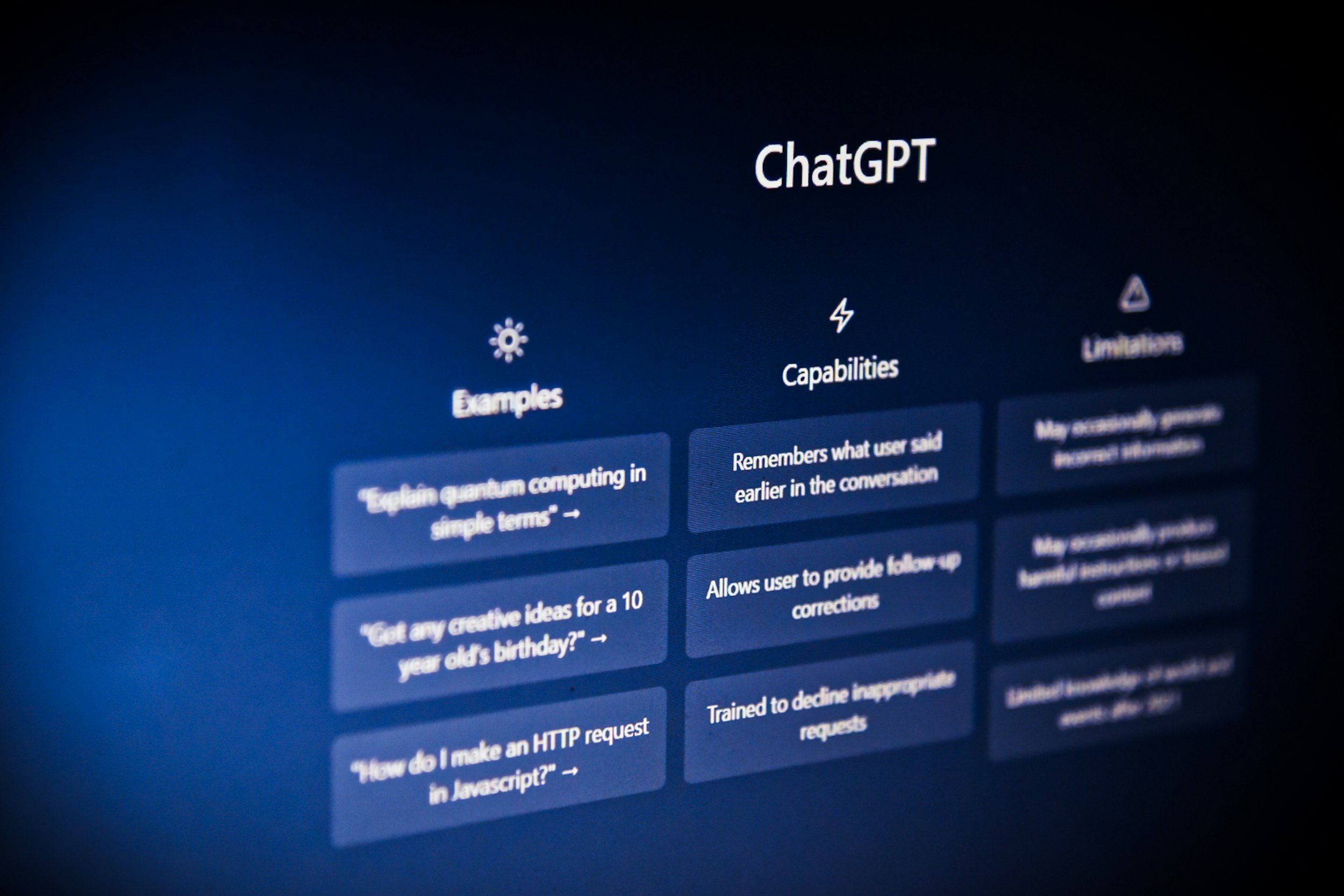Why AI Can’t Replace a Registered Dietitian
AI has made nutrition advice more accessible than ever. You can ask ChatGPT what to eat for more energy or how much protein you need in a day and get a pretty decent answer in seconds.
As a registered dietitian, I think it’s great that people are seeking out information and getting curious about food and health. But here’s the thing: nutrition isn’t one-size-fits-all.
AI Is a Tool, Not a Treatment Plan
AI can offer general guidance: what a balanced meal looks like, ideas for high-fiber snacks, or tips for staying hydrated. These are useful building blocks.
But when it comes to your individual needs- your health history, lifestyle, lab results, medications, food preferences, and relationship with food- AI falls short. It can’t ask follow-up questions. It doesn’t know your personal struggles. And it can’t adjust its recommendations based on what’s actually going on in your life.
Why Personalized Nutrition Matters
Registered dietitians do more than hand out meal plans. We:
Help you make realistic changes that work in your everyday life
Consider your medical conditions, medications, and lab results
Understand the emotional and behavioral side of eating
Work alongside your other health professionals to support your full health picture
Most importantly, we listen. We look beyond the data to understand you- your routines, your challenges, and your goals.
The Bottom Line
AI is a helpful starting point, but it can’t replace the depth and nuance of working with a trained professional. If you’re looking for nutrition advice that fits you- your body, your lifestyle, your health- talk to a registered dietitian.
Food is personal. Your nutrition guidance should be, too.


